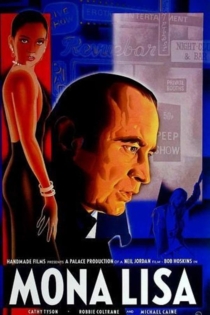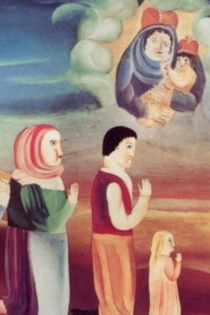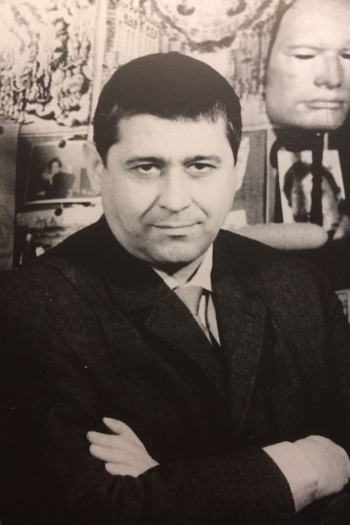
Jiří Brdečka
1917 - 1982Člověk pod vodou
Jiří Brdečka, Ladislav Čapek
After the flying machines of "How Man Learned to Fly," this next popular science installment by Jiří Brdečka focuses on the history of submarines and deep sea exploration, denouncing the arms industry along the way, as the politics of the day required.
Man Under Water

Jak se moudrý Aristoteles stal ještě moudřejším
Jiří Brdečka
A fanciful apocryphal tale about the famous Greek scholar, who is determined not to have his mind taken off educating young Alexander the Great, until Cupid makes him succumb to the temptations of a light-hearted young woman.
How Wise Aristotle Became Even Wiser

Láááska!
Jiří Brdečka
Another one of Brdečka's variations on the topic of love, with unusual protagonists: a spider and a destitute poet who live in friendship in one room, until a girl turns up with whom the man falls in love. Overnight, the spider weaves a delicate pair of stockings for her, but earns no gratitude.
Love

Co jsem princi neřekla
Jiří Brdečka
This original adaptation of Oscar Wilde's sad, socially conscious fairy tale, The Happy Prince, hinges on the conflict between fact and dream, reality and poetry. The contrast is reinforced by the film's visuals, confronting modern art with Gustave Doré's old engravings.
What I Didn't Say to the Prince

Špatně namalovaná slepice
Jiří Brdečka
Jaroslav Mareš, Antonín Jedlička
At school the dunce draws a Picasso style chicken on the black board. The chicken comes to life, runs away, and finds itself in the teacher's garden. The teacher thinks he has discovered a new species and christens it with his own name.
Incorrectly Drawn Hen
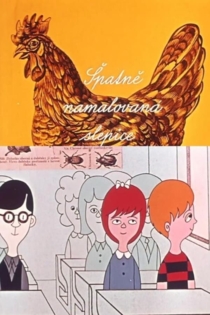
Pražské noci
Evald Schorm, Jiří Brdečka
Milena Dvorská, Miloš Kopecký
A stuffy middle-aged foreigner, a businessman named Fabricius, lonely and looking for a night's diversion, finds it in the form of a mysterious blonde. In an abandoned cemetery, she tells him three tales involving black magic and erotic obsession. In "The Last Golem," a young rabbi struggles to fashion a massive, silent giant out of living clay — until he's distracted by a mute servant girl. In the second episode, "Bread Slippers," an 18th-century countess indulges her passion for sweet cakes, adulterous affairs, and secret kisses with pretty maids until a mysterious visitor whisks her away to an abandoned mansion, where Fate has a different kind of dance in store for her. And in the final story, "Poisoned Poisoner," a ravishing murderess in the Middle Ages dispatches lecherous merchants to the tune of upbeat '60s Czech pop songs.
Prague Nights
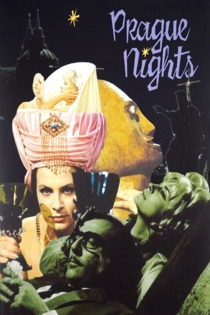
Proč se usmíváš, Mono Liso?
Jiří Brdečka
This tongue-in-cheek variation on the popular theme of the mysterious smile on Leonardo da Vinci's famous painting narrates the Maestro's difficulties in trying to make his apathetic bourgeois model smile. In the end, the handsome youth Andrea comes to the rescue.
Why Do You Smile, Mona Lisa?
